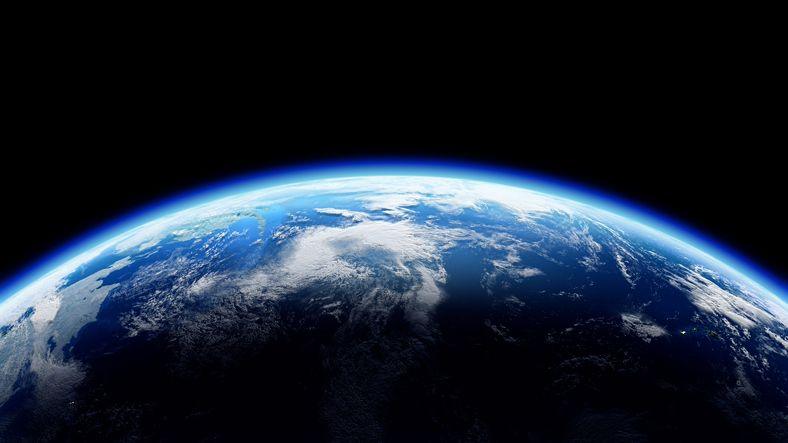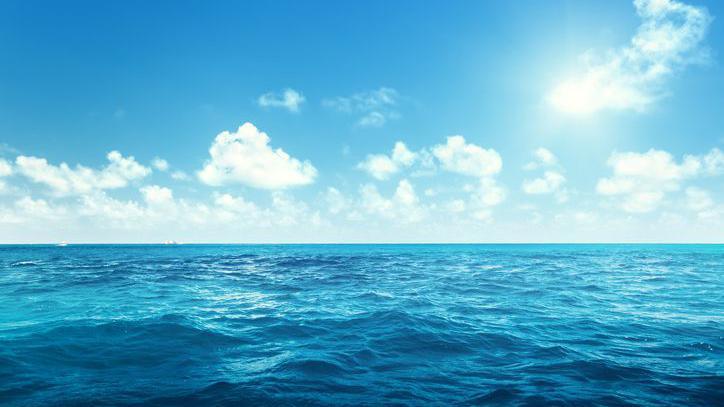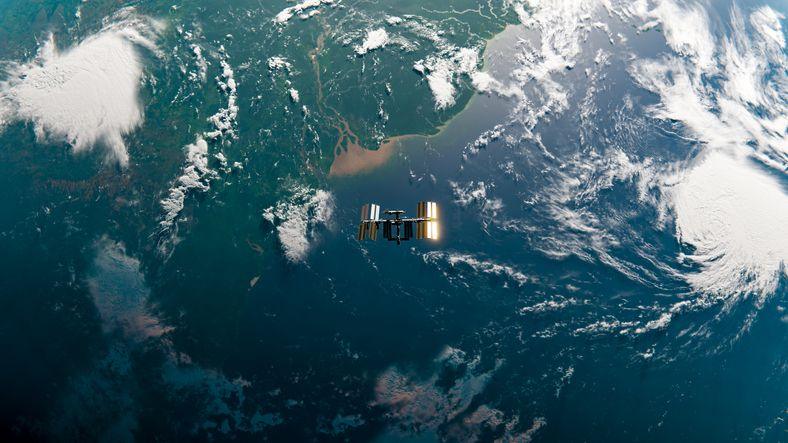Scientists find evidence water on Earth didn't come from asteroids

- Published
Water covers more than 70% of the Earth's surface, but have you ever wondered where it all came from?
One popular idea is that water emerged on Earth due to asteroids bombarding our planet billions of years ago.
Now, scientists in the UK say they have discovered important evidence regarding the origin of water on our planet.
Researchers now think that the rocky material which built our planet had all the elements it needed to make water without any help.
More space news
- Published14 April
- Published7 April
- Published8 April
What did scientists discover?

How water originated on Earth has been a question that has fascinated scientists for many years.
Experts at the University of Oxford decided to take a closer look at the mystery.
For their study, they examined a rare type of meteorite, known as an enstatite chondrite, which was similar to the rocky material which made up early Earth around 4.5 billion years ago.
They were surprised to discover that the meteorite contained a substance called hydrogen which would have been critical for the formation of water.

You may have heard of water also being referred to as H₂O.
This is because each molecule of water is made up of two hydrogen (H) atoms joined to one oxygen (O) atom.
The team say that their findings suggest that Earth had the hydrogen it needed to create water from when it first formed.
University of Oxford Associate Professor James Bryson, who worked on the study, explained: "We now think that the material that built our planet – which we can study using these rare meteorites – was far richer in hydrogen than we thought previously."
He added: "This finding supports the idea that the formation of water on Earth was a natural process, rather than a fluke of hydrated asteroids bombarding our planet after it formed."
